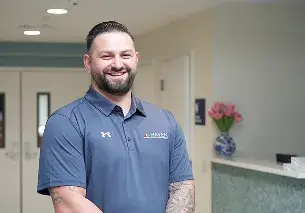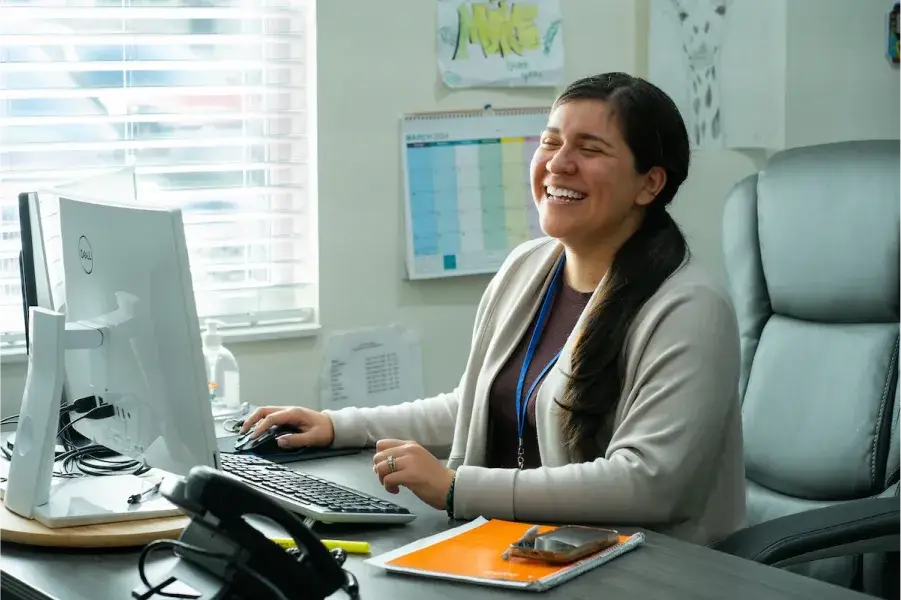Treatment for Mental Health & Substance Use
“The Haven treatment facility is amazing. You won’t find a better place. They have the most awesome staff. I would rate my stay there a 10 star. They are truly saving lives every day”



4.9
- Trusted by Hundreds
Personalized Treatment Options
We provide specialized treatment tracks for both mental health and substance use, offering personalized care, evidence-based therapies, and ongoing support to help individuals achieve lasting wellness. If you’re facing both challenges, our dual diagnosis treatment integrates mental health care and addiction recovery, ensuring a comprehensive approach to healing.
Your health matters, and no challenge is too great to overcome with the right support.




Healing
Connection
Renewal
Growth
Trusted Addiction Treatment Center
Treating substance use disorder isn’t just about stopping drugs or alcohol. It’s about understanding what’s behind the use and finding healthier ways to cope. Since everyone’s situation is different, treatment plans at our center are tailored to meet a person’s specific needs.
We look at the whole picture—mental, emotional, and physical—because recovery is about healing. Our approach combines evidence-based therapies with compassionate care, helping you uncover root causes, rebuild confidence, and develop sustainable strategies for long-term recovery.
Empowerment
Growth
Understanding
Support
Mental Health Care You Can Count On
At The Haven, we’re focused on helping you take control of your mental health. Our treatment services are personalized to fit where you’re at right now, giving you the support and tools you need to move forward.
We provide specialized treatment tracks for both mental health and substance use, offering personalized care, evidence-based therapies, and ongoing support to help individuals achieve lasting wellness. If you’re facing both challenges, our dual diagnosis treatment integrates mental health care and addiction recovery, ensuring a comprehensive approach to healing.
Have Questions? Let’s Talk!
Let’s talk about what’s going on — no judgment. (We’ve been there before ourselves). No one will know you inquired and there is no commitment to call.
Need someone to talk to? We’re here when you need it most.
There’s no obligation to get your questions answered.
No one will ever know you inquired.